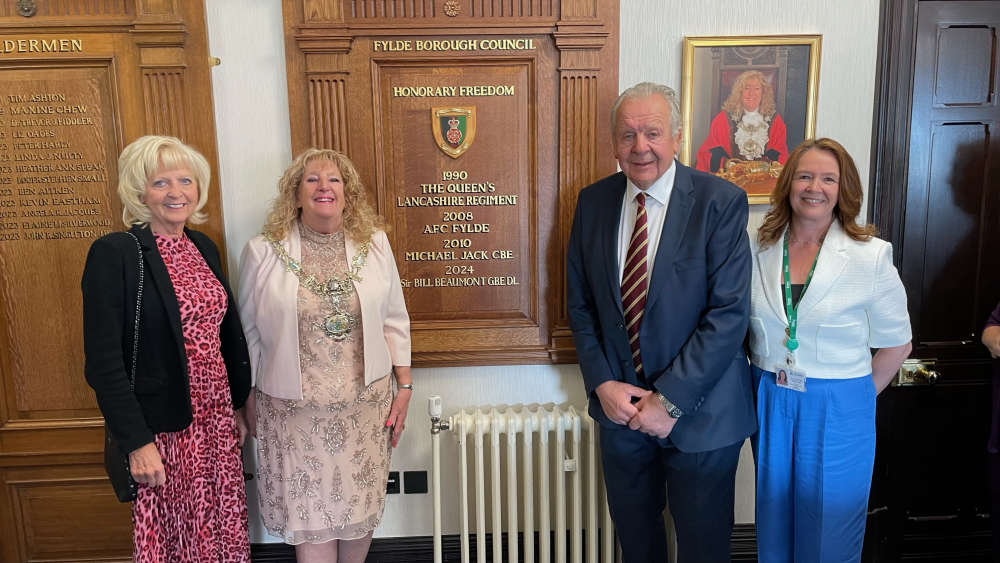
Fylde Council were honoured to award Sir Bill Beaumont GBE DL the Freedom of the Borough in a civic reception held at the Town Hall in St Annes this week.
Members at the February 2024 full Council meeting unanimously resolved to support the Notice of Motion proposed by Cllr Karen Buckley, Leader of Fylde Council, in recognition of Sir Bill’s services to rugby.
At the reception, following a few words from both Cllr Buckley and Cllr Cheryl Little, Mayor of Fylde, Sir Bill spoke of how moved he was to receive the honour, describing how – though he was not born in Fylde – he is delighted to call it home, and looks forward to returning whenever he travels.
Cllr Buckley said: “It was a wonderful occasion to mark Sir Bill Beaumont’s contribution to world rugby by awarding him the highest honour of the borough of Fylde. Sir Bill played rugby for Fylde and for Lancashire. He became England captain in 1978 and in 1980 led them to their first grand slam since 1957.
“After retiring from rugby, he became a well-loved personality in the TV schedules as one of the team captains in the BBC’s ‘A Question of Sport’.
“Sir Bill has not only subsequently driven transformational governance reform in support of world rugby, but he has also driven improvements for player welfare and wellbeing. It was a privilege to award him the freedom of the borough of Fylde in recognition of these great achievements.”
The Freedom of the Borough is the highest award that a Council can bestow. It is a power that is very rarely used and is normally awarded only to people or bodies who have, in the opinion of the Council, rendered eminent service to the Borough.
The only individual to have previously received this award from Fylde Council is former Fylde MP Michael Jack CBE in 2010, while The Queen’s Lancashire Regiment and AFC Fylde collectively received the honour in 1990 and 2008 respectively.
The award of the Honorary Freedom of the Borough does not convey any legal rights or responsibilities other than a ceremonial role at civic functions. The award dates to the Middle Ages, when Freemen had commercial privileges and a route into a position of power in a town or city.



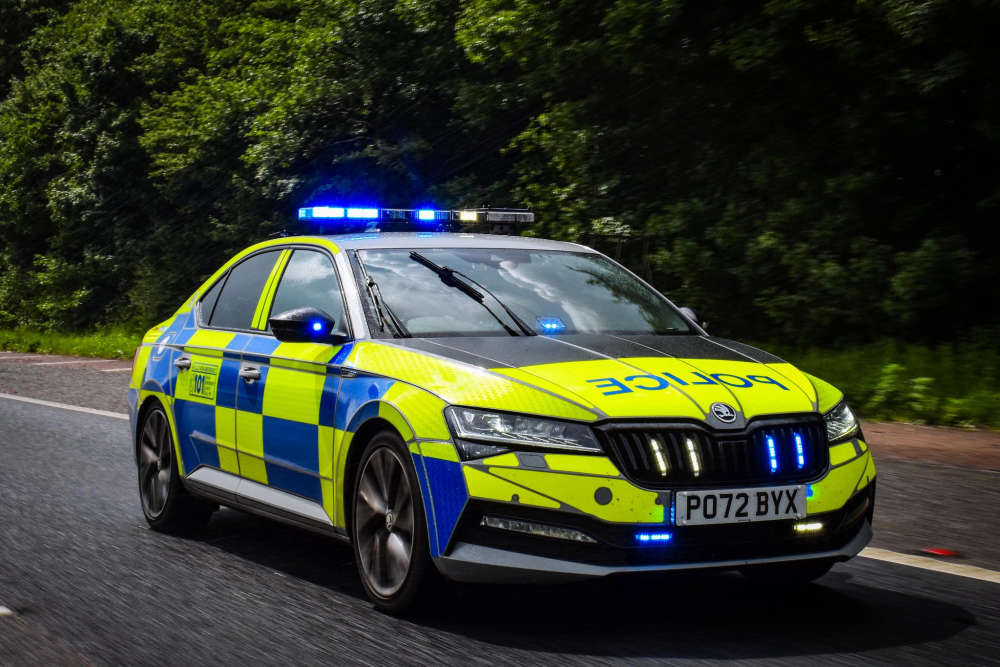 Appeal to find family and friends of man found dead in Preston
Appeal to find family and friends of man found dead in Preston
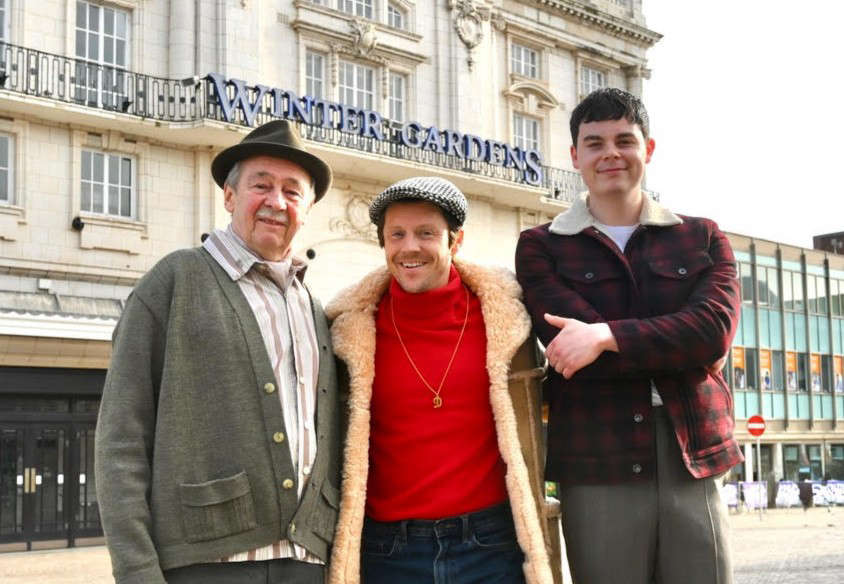 Only Fools & Horses musical to continue after opening night abandoned following medical incident
Only Fools & Horses musical to continue after opening night abandoned following medical incident
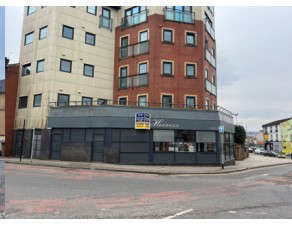 Blackburn’s ‘Margo Towers’ to become a church
Blackburn’s ‘Margo Towers’ to become a church
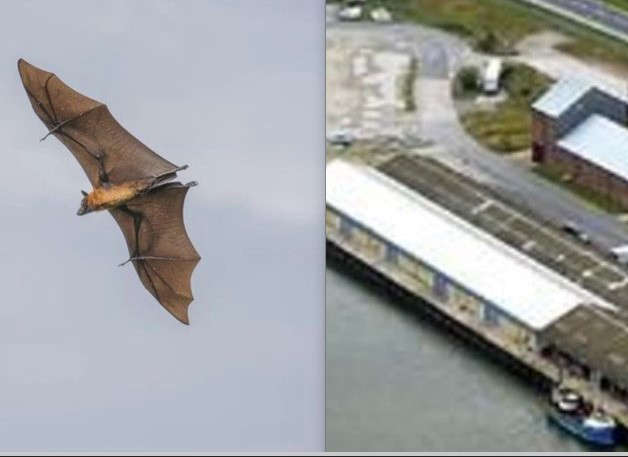 Decision made on demolition of old Fleetwood docks buildings after roosting bats report
Decision made on demolition of old Fleetwood docks buildings after roosting bats report
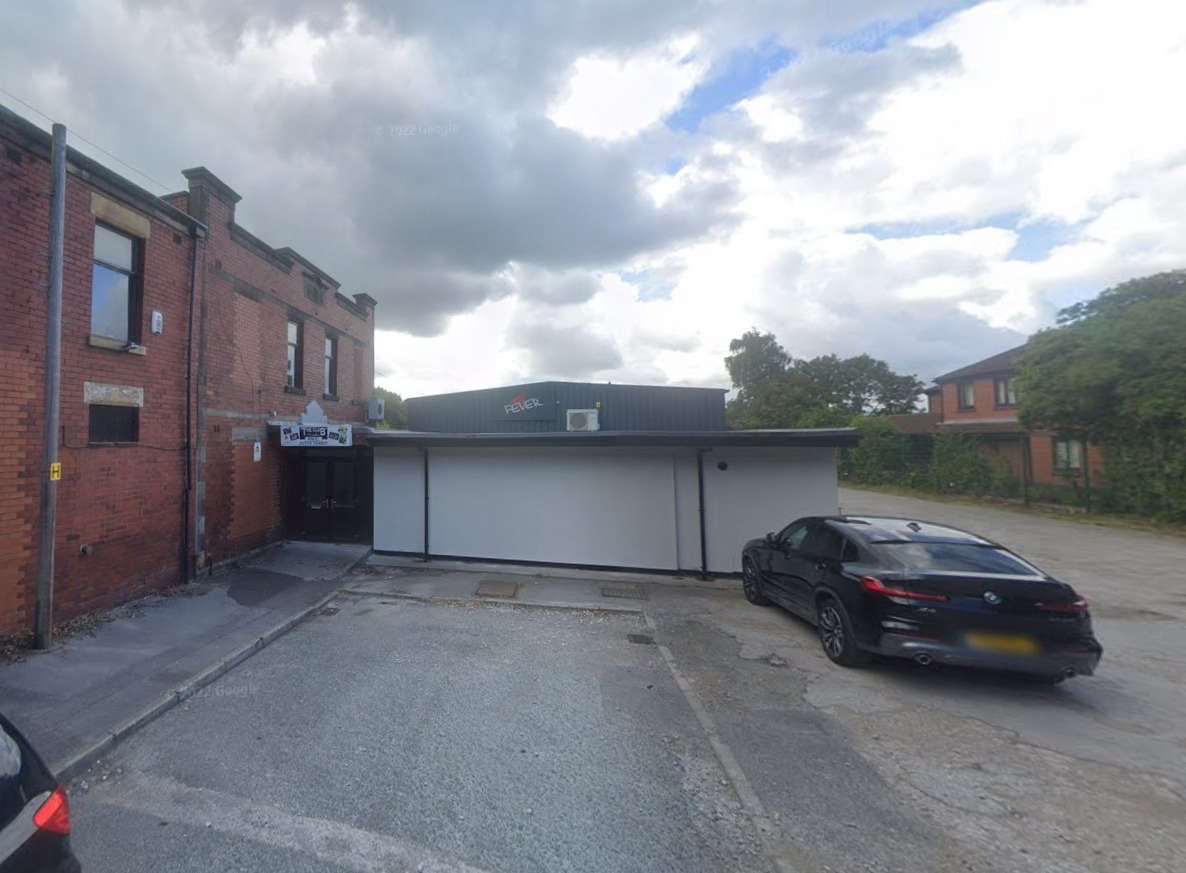 Preston snooker club plan approved
Preston snooker club plan approved




